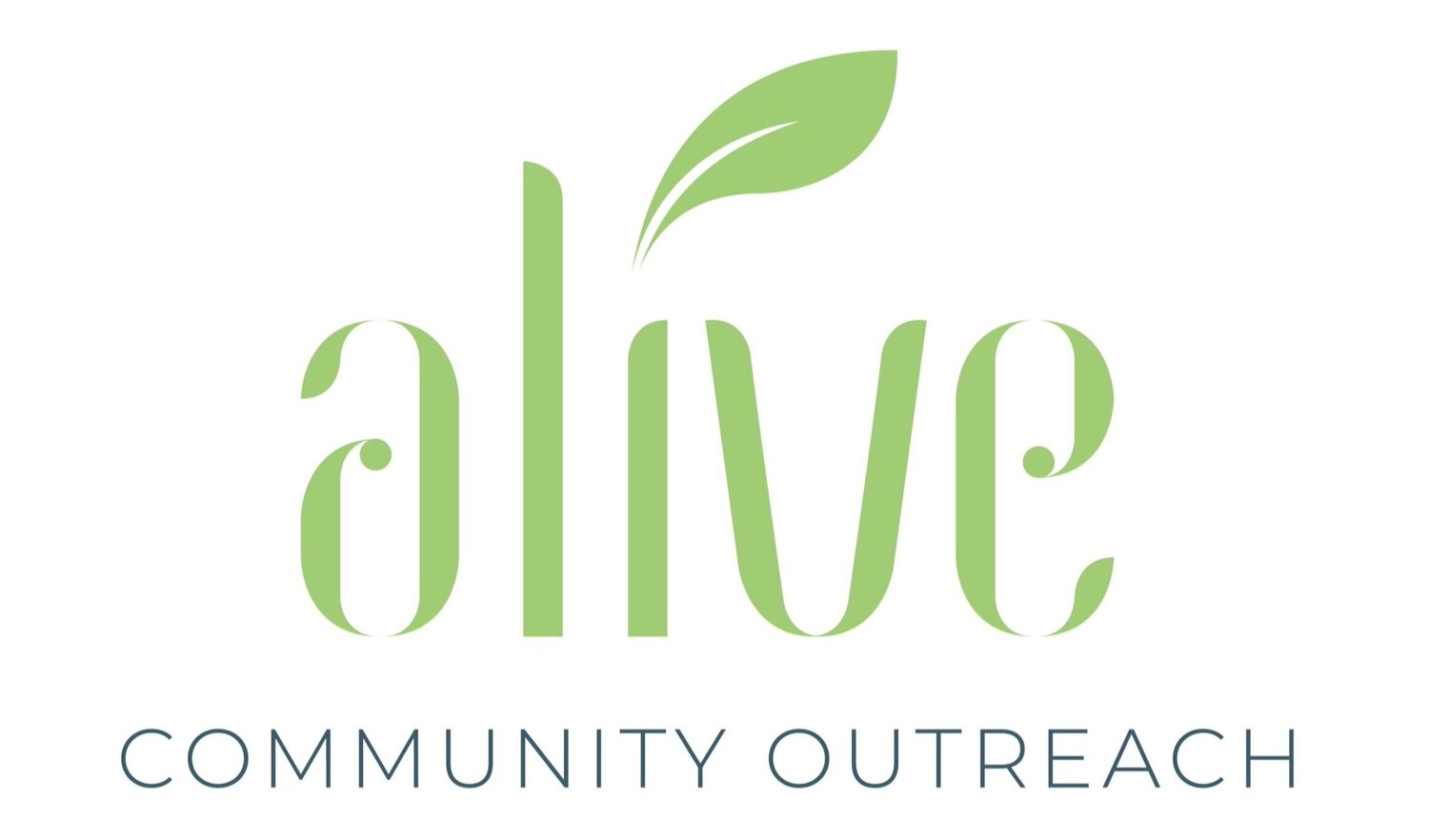
Kingian Nonviolence
“At the center of nonviolence stands the principle of love.”
- Dr. Martin Luther King, Jr.
Violence is everywhere. We see it each day in the news, on social media, in our streets. At times, we even discover it in ourselves.
Violence manifests itself at personal, community, and systemic levels. The harm from violence in all its forms destroys both victim and perpetrator, both individuals and entire communities. Violence sentences us to never-ending cycles of trauma.
Dr. King understood that ultimately violence is a symptom of deeper issues. Nonviolence offers us a framework for approaching conflict at every level in ways that address these issues and transform relationships. As Dr. King said, “the aftermath of nonviolence is the creation of the beloved community, while the aftermath of violence is tragic bitterness.”

1
Nonviolence is a way of life for courageous people.
Nonviolence is more than merely the absence of violence; it is a positive force confronting the forces of injustice and conflicts at every level. We would argue that violence is often easier and takes less courage than nonviolence. The path of reconciliation is a lifelong journey that takes tremendous commitment and courage.
2
The Beloved Community is the framework for the future.
Nonviolence is about working toward a reconciled world by raising the level of relationships among people to a height where justice prevails and persons attain their full human potential. Nonviolence doesn’t ultimately seek victories over this or that person, or this or that group; rather, Beloved Community includes all persons and groups living and working together in harmony.
3
Attack forces of evil not persons who are doing evil.
Nonviolence helps one analyze the fundamental conditions, policies, and practices of the conflict rather than reacting to one’s opponents or their personalities. By channeling our aggression toward problems while maintaining conciliation toward people, nonviolence helps us to get to the heart of conflicts and address problems at the root.
4
Accept suffering without retaliation for the sake of the cause to achieve a goal.
Sometimes we must be committed to doing the right thing, even when it’s difficult or causes us to suffer in some way. This self-chosen suffering can even be redemptive by showing those around us another way and by inspiring them to follow our example. While nonviolence does sometimes require this self-chosen suffering, it’s important to note that the suffering ultimately produced by violence is far greater. There is no easy path to change or reconciliation.
5
Avoid internal violence of the spirit as well as external physical violence.
Violence is in the very air we breathe, and if we’re not careful, it will consume our spirits. We must commit to working on our own pain and trauma, while engaging in activities to help us and our people maintain a high level of spirit and morale. In order to be effective peacemakers in our families and communities, we must first cultivate peace within our own spirits.
6
The universe is on the side of Justice.
Human society and each human being is oriented to the just sense of order of the universe. The fundamental values in all the world’s religions include the concept that the moral arc of the universe bends toward justice. As an organization rooted in the Christian Gospel, we maintain that God is good and just and that we are moving toward an ultimate reality of a fully reconciled world. This hope and faith keeps us marching toward the everlasting horizon of peace, justice, and reconciliation.



